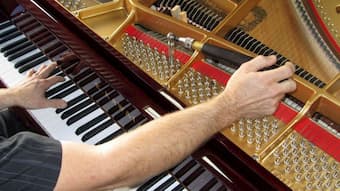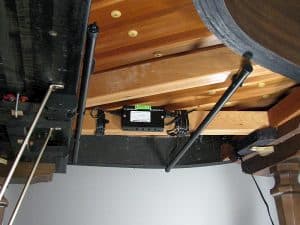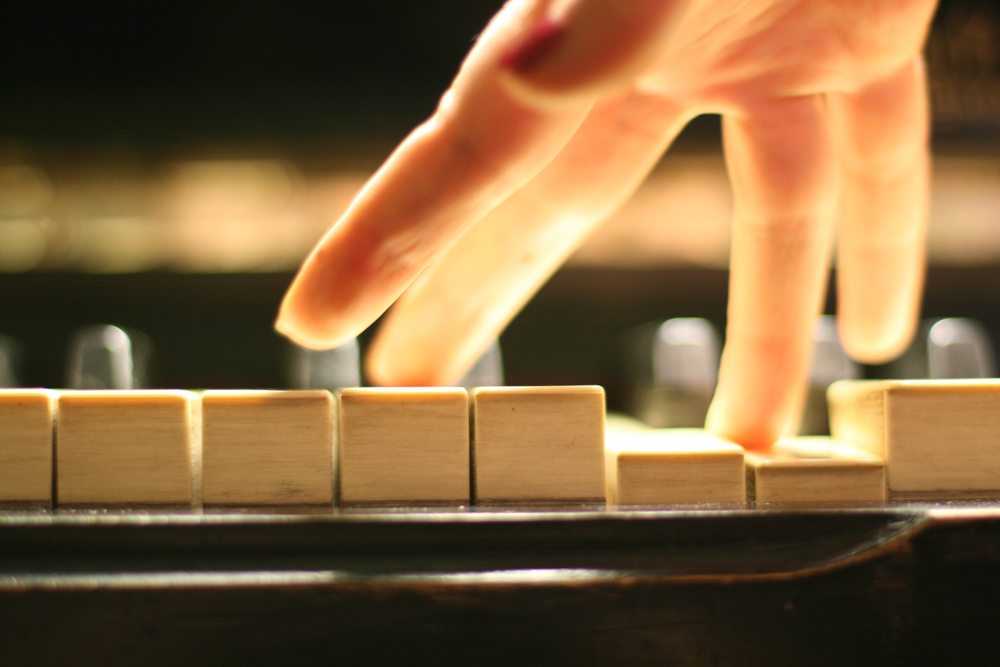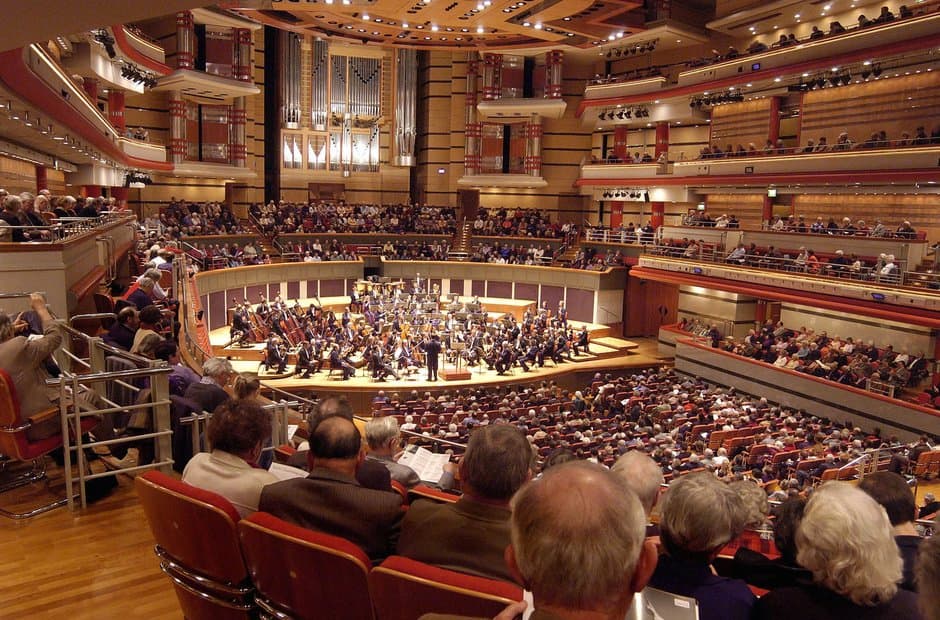 A piano is a significant investment and in order to retain its value and quality, the instrument needs to be well looked after.
A piano is a significant investment and in order to retain its value and quality, the instrument needs to be well looked after.
Many people believe that tuning is all that is required to maintain a piano, but while regular tuning is a significant part of piano care, there are a number of other aspects which need attention to keep your piano in the best possible condition.
Johannes Brahms: 6 Piano Pieces, Op. 118: No. 2. Intermezzo in A Major (Khatia Buniatishvili, piano)
Position
Upright pianos are designed to be placed against a wall, but try to avoid placing your instrument against an exterior wall where weather conditions may affect the tuning and sound quality. Grand pianos sound better in the centre of the room, but this may not be practical in your home or studio. In any event, allow space for adequate ventilation around the instrument. Try to avoid placing the piano where it will be subjected to direct sunlight, or use a curtain or blind to shield it.
Ventilation and Atmosphere

Dehumidifier installed in a baby grand © Joyous Noise Piano Service
Pianos need ventilation, but the wrong kind of ventilation and ambient atmosphere can harm them. Avoid placing your piano near to a radiator or other heat source. Dry heat can adversely affect your instrument, drying out the wooden parts and affecting the tuning and mechanism.
Humidity is perhaps the most crucial factor in maintaining your piano. Because pianos are made from natural materials (wood, felt, leather) and many precision parts, they are extremely sensitive to humidity and fluctuations will not only affect the tuning but can also adversely affect or even permanently damage the inner workings of the instrument. To protect against excess humidity, try to maintain a stable atmosphere in the room. A hygrometer is a useful gadget to keep an eye on humidity levels – a relative humidity of 40-45% is best for the piano. Humidity is affected by weather conditions, location and also changes in the ambient temperature of the room and building. A dehumidifier is a good investment to help maintain humidity levels, while a humidifier can be used if the air becomes too dry (the most simple solution is a bowl of water placed under a radiator or a damp towel placed over a warm radiator).
Cleaning
Keep the case and keys clean and well-dusted. The keys do not need any specialist cleaning beyond water and a mild soap solution, wiped off with a clean damp cloth and then dried. Avoid specialist cleaning products or those containing alcohol as they can damage the keys, especially on an old instrument which may have the original ivory keys. Another way to keep the keys clean is to always wash your hands before you play.
Instrument Not Ornament
Objects such as a vase or flowers or framed photographs may look attractive on the lid of the piano, but these items can damage the instrument’s case, cause spillages or affect the sound/create unpleasant vibrations. And never place a drink or water bottle on the case.
Regulation and Voicing
 In addition to regular tunings, pianos benefit from regulation – a process rather like servicing a car to ensure all the moving parts are in good working order, to make adjustments and replace any worn parts.
In addition to regular tunings, pianos benefit from regulation – a process rather like servicing a car to ensure all the moving parts are in good working order, to make adjustments and replace any worn parts.
Voicing is a specialist process undertaken by a piano tuner or technician to alter the sound or “voice” of the instrument by adjusting the density of the felts covering the hammers. Over time, and especially if the instrument gets a lot of use, the felt on the hammers becomes more compacted and this will affect the sound, often making it brighter and harsher. A needle is used to soften the felt at the point where the hammer strikes the key and this process of voicing can make a big difference to the sound of the piano.
A good tuner/technician can advise on what kind of maintenance your piano requires, and a properly cared for piano will work efficiently, sound wonderful and give many years of music and pleasure to its owner.
For more of the best in classical music, sign up to our E-Newsletter




